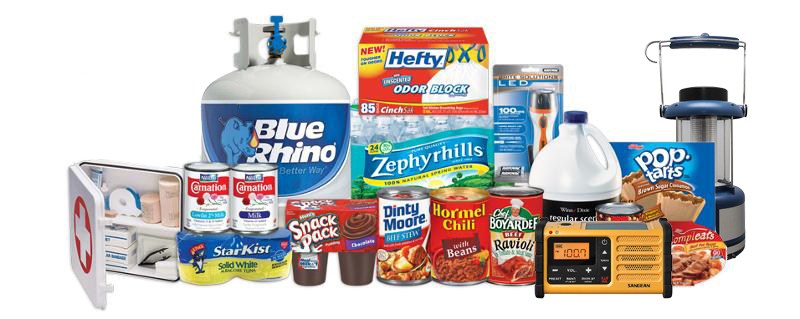
72 Hour Lutheran
Hurricane season is from June 1 through November 30. We may not be as prepared as we need to be.
We encourage each and every one of you to become a 72 Hour Lutheran, a person who has enough supplies in their home to meet their household’s basic needs for 72 hours.
Being prepared to take care of your own family and your own congregational members allows you to then reach out and help others within your community.
How do I become a 72 Hour Lutheran? A 72 Hour Lutheran is a person who happens to be Lutheran and has enough supplies in their home to meet their household’s basic needs for 72 hours. Printable Checklist
Checklist
Hurricane season is from June 1 through November 30. We may not be as prepared as we need to be.
We encourage each and every one of you to become a 72 Hour Lutheran, a person who has enough supplies in their home to meet their household’s basic needs for 72 hours.
Being prepared to take care of your own family and your own congregational members allows you to then reach out and help others within your community.
How do I become a 72 Hour Lutheran? A 72 Hour Lutheran is a person who happens to be Lutheran and has enough supplies in their home to meet their household’s basic needs for 72 hours. Printable Checklist
Checklist
- Discuss the type of hazards that could affect your family. Know your home’s vulnerability to storm surge, flooding, and wind. Locate a safe room or the safest areas in your home for each hurricane hazard. In certain circumstances, the safest areas may not be your home but within your community.
- If necessary, determine an escape route from your home and designate places to meet. (Note: these should be measured in tens of miles, rather than hundreds of miles.) Have an out-of-state friend as a family contact so all your family members have a single point of contact.
- Make a plan now for what to do with your pets if you need to evacuate.
- Call the church and make sure that they have all your information.
- Create a disaster supply kit
- Proper identification
- Immunization records
- Medications
- Moisture wipes
- Flashlight/Batteries
- Radio – Battery operated and NOAA weather radio
- Telephones
- Full charged cell phone with extra battery
- A traditional (not cordless) telephone set
- Cash (with small bills)
- Extra keys
- Tools – keep a set with you during the storm
- Vehicle fuel tank (kept filled)
- Pet care items
- Stock up on non-perishable emergency supplies
- Juices
- Snack foods
- Foods for infants or the elderly
- Cooking tools
- Non-electric can opener
- Fuel
- Paper plates and plastic utensils
- First-aid kit
- Medicines
- Prescriptions
- Toiletries
- Hygiene items

